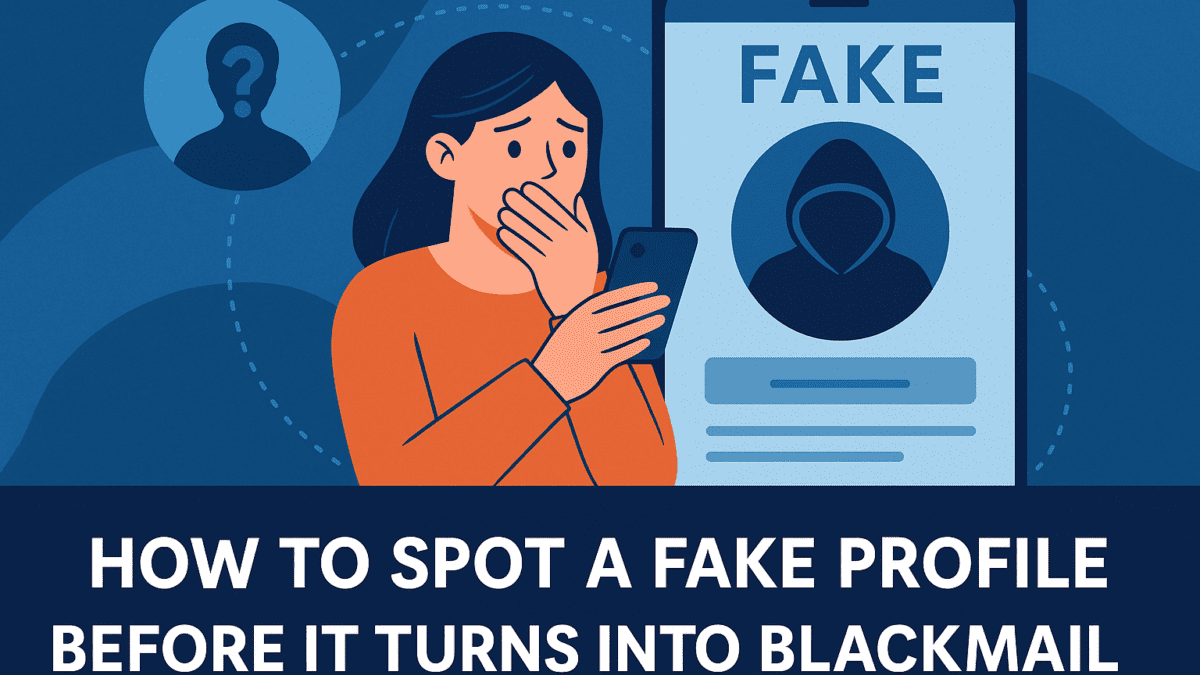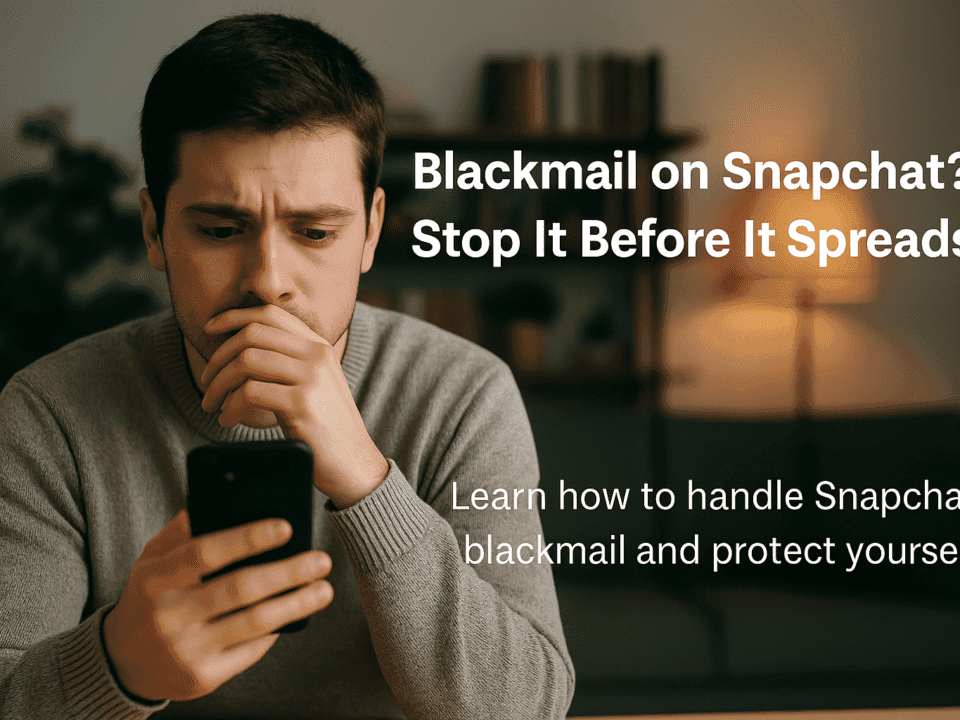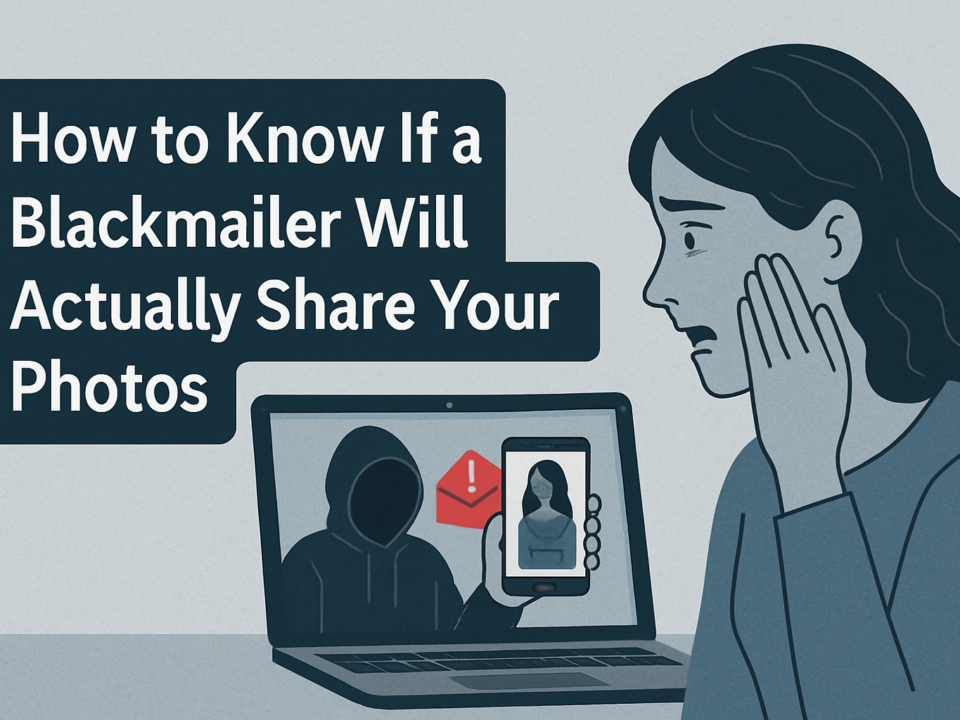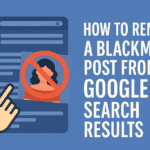
How to Remove a Blackmail Post from Google Search Results
June 17, 2025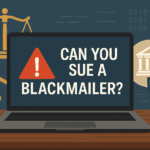
Can You Sue a Blackmailer? Here’s What the Law Says
June 18, 2025If someone is threatening to share your private photos — or has already done it — you might be wondering:
“Can they get in trouble for this? Is it actually illegal?”
The answer is yes — in most parts of the world, it is illegal to share someone’s private images without their consent.
What Is Considered Illegal Sharing?
You don’t need to be a celebrity or public figure for the law to protect you. In many countries, it’s a crime to:
Share explicit images or videos of someone without their permission
Post or forward screenshots from private chats (if they’re sexual in nature)
Share intimate content even if it was originally sent voluntarily
This is often referred to as non-consensual pornography or “revenge porn” — though the law covers more than just ex-partners.
Is It Still Illegal If You Sent the Photo Willingly?
Yes.
The key legal issue is consent to distribute — not consent to take or send.
Just because you trusted someone with a photo does not mean they have the right to share it.
Think of it like this: owning a picture doesn’t give someone permission to make it public.
What Laws Apply?
Laws vary by country, but most modern legal systems now have clear rules about this:
United States: Most states criminalize non-consensual image sharing (up to jail time + fines)
UK: The “Revenge Porn Act” makes it a criminal offense
India: Covered under the IT Act and IPC (Section 66E, 354C, etc.)
Australia, Canada, EU: All have national laws that punish this behavior
You may also be able to file a civil lawsuit for emotional distress, reputational damage, or lost opportunities.
What If They’re Using Fake Accounts?
It doesn’t make it legal.
In fact, sharing someone’s private images under a fake name can make it worse — as it may add identity fraud or cyberstalking to the charges.
Authorities and private investigators can trace usernames, devices, or IPs, especially if the images were shared on public platforms.
What Should You Do If This Happens to You?
✅ Screenshot all threats or shared posts
✅ Copy URLs and usernames involved
✅ Report the content to the platform (Instagram, Reddit, Google, etc.)
✅ File a cybercrime report or speak to a legal expert
✅ Consider DMCA takedowns if the content belongs to you
Final Thoughts
Whether it’s an ex-partner, an online blackmailer, or even a stranger — sharing someone’s private content without permission is illegal in most parts of the world.
And yes, you can take legal action — even if the person is hiding behind fake accounts.
Need Help Taking It Down or Pressing Charges? Talk to Us Now

